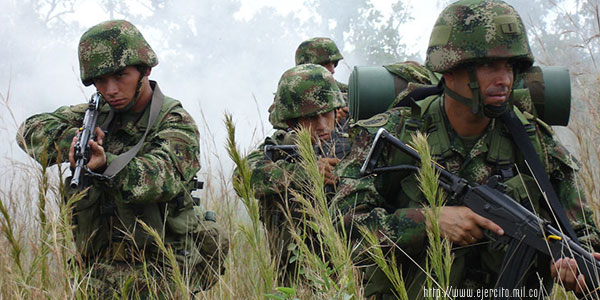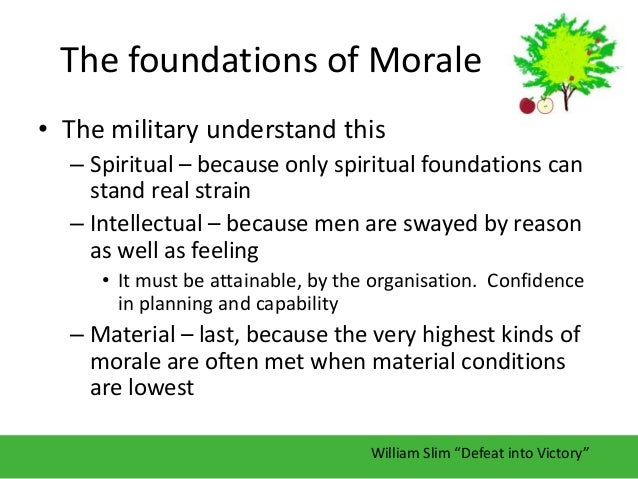(FINAL)
Consulters with Mc Kinsey’s prestige were praising for more than two decades, the need to create internal «competitions» between the different areas or business branches of a great size company. Thinking that, of this competition of the «dialectics of the rivals», benefits would arise for the company and spurs and motivations for the areas of the company and the employees. But, this «social process» is more proper of the scientific materialism, being based on the evidences of the historical materialism. And, in the practice, the intensity of this competition ascends to the limits, because this theory does not put limits or brakes to the dialectics that is used. Except the implicit one of the good education, which allows to say many and hards things with good manners. The inevitable small mistakes and imperfections that were arising in the actions and executions from all, were praised and used by his rivals to justify theirs and to overvalue the efficiency of his own acts. And, instead of using an operating system of «combined arms» (departments and functions integrated to collaboration) to convergently use on the gravit center, for use a military resemblance, the counselors were creating a great horses team. Where each animal was following his indvidual direction. Managing to hinder and to jam this way the work of the «advised» companies. The internal tears in the companies, provoked between those who should be companions in the culture and the complete accomplishment of the company, were the principal lasting result of this autodestructive practical. Since, unlike the facts of the historical materialism, here were not remaining «victors» and «exclude conquered».

Other times, as part of this «capitalist enterprise culture», the external consultants of firms of recognized solvency, as Arthur Andersen (liquidated during the crisis of Lehman Brothers, victim of his own internal contradictions and heterodox practices), were used by the high management of the companies to slim his stable and trained personnel. The implicit contracting was usually done by the executive managing director in a «casual» contact (promoted by a high commercial directive of the consulting firm), during a banquet or a high standing meeting. The brainy advisers, who were diving free by the company, were finally facilitating the obligatory report to the management of the firm. That was using it to support the dismissal or the movement of employees, before these and the unions. The basic premise was that the fixed cost (of personnel) was malignant «per se» and had to be replaced by the variable cost, depending on the activity or the sales of the companies. As corollary and natural consequence, almost all kinds of functions were moving out of the company. And they were submitting to carry out them to services or outsourcing companies. But these not always had not even the means, nor the qualified personnel that had the dismembered company. The degree of the outsourcing that was suffering the original company was a function of the saving cost wished by his management and agreed with the consultants’ international firm.
 YOUNG GEORGE PATTON…
YOUNG GEORGE PATTON…
There really can be relocated almost always the works of maintenance and of cleaning; the caretaking and the security; the distribution transport to the client and the long distance transport by complete loads, etc. But there can not to be handed over to third parties the essential activities of a company, nor those which could debilitate it in his strategic functions and the flowchart. And it is necessary, in addition, to have the own means to monitor and to control perfectly the fulfillment of his obligations, by the part of the third collaborators. The service to the clients, as for his satisfaction in time, place, quantity and quality of the received, is a strategic activity. That is easily ill-treated by a submitting to third parties of the functions related to it (orders reception, service or delivery time, etc.). In the practice, a «enterprise culture» had been created for the relocation. But there were not established the means and the functions necessary for his vigilance and control. That could be form with the parts literally uprooted from the companies, to save fixed costs…

The arms is a special profession, often forgotten by the modern societies or, at least, neglected. Especially when the «opportunity» of his employment is not glimpsed in an immediate future. It is not possible to govern this institution with the parameters of internal competition and tension, downsizing and outsourcing of secondary functions, business management and management by objectives, typical of the big and medium modern corporations. This was tried by the genius (high IC) of Robert McNamara, ex-president of Ford Motor Company, as JFK’s secretary of Defense, in his military reform of 1960. The result was seen a few years later, in the middle of the war of Vietnam. Many combat units could not trust in his natural chiefs and under the enemy fire, literally collapsed and refused to fight. This institutional rot led that at least 1000 officials and subofficials of small units were murdered by his men. Though the real number might be major. The number of officials died in Vietnam was of the order of 4500. The military modern history does not offer another example of this magnitude and transcendency.
The Motivation of the Men in Arms.
It is not easy, for not saying that it is almost impossible, to create an armed forces effective and motivated in a weak, fractured nation, without autoesteem, defeated herself inside. Because the armed forces are not more than the part of the nation specialized in his active defense. And civilians or nationals in uniform integrate them. And, this way, it is not possible to defend what is not known, does not exist or is perceived as not deserving of the selflessness and of the own effort.

Because of it, the first thing is to cultivate and to reinforce the internal links of the nation. That are seated always in his idiosyncratics virtues. That is to say, his constitutive, distinctive and permanent values. For the pashtuns, artificially divided by the line Durand, established by the colonialist Britishs, between Afghanistan and Pakistan, many of these virtues are gathered in his Pashtunwalli or honor code. For many African tribes, his assabiya or identity reflects his essential values and the mutual duties and rights between the individual and his immediate collectivity or social group. The existence of a threat to the nation, to his territorial or social integrity, to his survival, allows to accelerate these internal processes of vertebración and galvanization of a society. Creating, as consequence, a natural and stout defense.

The soldiers in general must be participants, in certain form, of his destinations. But, this is not a question to create a «popular army». Where the criterion of the «amorphous groups» of the soldiers, substitutes the military wisdom of the commands and the guide of the doctrine and the regulations. Where, in the practice, is the «guide» of the political commissioner of the unit the one that was dictating the procedure and his application. Whose examples and precedents were unlucky in the so called «popular democracies». The communists had to rapidly return to the estruture of only one command for the military units. If they wanted to recover efficiency. And the political commissioner, directly dependent of the Political General Administrative Office of the Armed Forces, was at the time called the “substitute of the chief of the unit for the political work”, depending hierarchically of him.

But, the soldiers take part feeling attended, trained, equipped, ordered and compromised with his missions. Feeling integrated with the facts and his destiny. Forming a part of a well designed (clear, effective and modern doctrine), which is well led (involved, effective, human and respectable commands) and built machinery: endowed with the human and materials means adapted to the missions to fulfill. Though their punctual and relative shortage is usually chronic.

In general, the victorious and/or resiliences armies of all the epochs have possessed an officials and commands corps educated and short, of not more than 7 or 8% of the men. With the men, trained, qualified and mental motivated by religious, ethnic or social reasons. And all endowed of a common «corps spirit», of belonging to a select social group and estimated by the nation. Which gives them entirety, cohesion, sacrifice spirit and obedience to the duty, transmitted by his commands. That is above, sometimes, of the normal requirements of the performance of his arms profession. It is not a question of fanfares and harangues, of parades and of «missions» in the allied or depressed countries. It is a question of conviction, belonging, of healthy pride and disposition of themselves, fulfilling a mandate of the nation.
THE END.